You may be able to overlook a bad hair day or an ill-fitting pair of jeans, but if your smile isn't quite right, there's no getting over it. Luckily, there is a multitude of ways to fix smile imperfections.
Veneers to get rid of an unsightly gap between your teeth — otherwise known as diastema — are an efficient and permanent solution to improving the look of your teeth. Let's take a look at what you need to know about veneers.
Causes of diastema
There are quite a few reasons that your teeth may develop a gap.
- Problems with the jaw or gums — If the jaw is misaligned with the teeth, i.e., too large, teeth may compensate and create gaps. This condition can also happen if the jaw bone has weakened due to gum disease.
- Specific actions — Thumb-sucking can sometimes cause pressure on the teeth, causing them to grow in with spaces. Also, if your tongue pushes strongly against your teeth while swallowing, this could shift the position of teeth over time.
- The teeth themselves — Sometimes teeth aren't a consistent size or are missing altogether. Your mouth may create space or move to fill space, creating gaps between teeth to accommodate the inconsistencies.
Can Veneers Help?
Veneers for a front teeth gap can be a good option for you if the space or gap is too wide for traditional bonding. Veneers work by removing a thin layer of enamel and applying a veneer, typically made from resin composite or porcelain, over the exposed tooth.
Veneers are a permanent solution and protect from environmental factors. They're realistic and provide an excellent option for ensuring that you have the best-looking smile.
They cannot be removed, however. Before you commit to veneers, be sure that this is the best solution for your diastema and that you are ready to have them for life. Luckily, they're sturdy, long-lasting, and highly realistic.
Alternative Treatments
There are alternative treatments to porcelain veneers for a front teeth gap, most notably dental bonding. Your dentist can fill a small gap using a resin applied to the surface of your tooth. The resin hardens over time and looks like part of your tooth.
Bonding is a much quicker procedure that requires little preparation. However, it's not as strong an option and may discolour or chip over time. The resin can be removed from your tooth, and you may have to replace it over the course of your life.
You can also invest in braces or orthodontic work to close the gap between your real teeth. If this is an option, it can take several months to several years to achieve the look you want. Orthodontic work is involved and sometimes uncomfortable, but it is a permanent solution.
Improving Your Smile
Veneers are an excellent way to get the smile you want with a long-lasting solution. Talk to your dentist to find out if you're a good candidate for porcelain veneers, and finally get the smile you've wanted with no gap. Your best smile is waiting.
Sources and References
-
[1]
Maxillary midline diastemas: a look at the causesJournal of Periodontologyhttps://pubmed.ncbi.nlm.nih.gov/9919036/
-
[2]
Conservative and esthetic management of diastema closure using porcelain laminate veneersJournal of Conservative Dentistryhttps://www.ncbi.nlm.nih.gov/pmc/articles/PMC4705185/
-
[3]
Maxillary midline diastema closure with sectional feldspathic porcelain veneers: A case series followed 1 to 4 yearsJournal of Prosthetic Dentistryhttps://pubmed.ncbi.nlm.nih.gov/36946620/
-
[4]
Postretention stability after orthodontic closure of maxillary interincisor diastemasAngle Orthodontisthttps://pubmed.ncbi.nlm.nih.gov/24918661/
-
[5]
Anterior Aesthetic Rehabilitation for Midline Diastema Closure With Veneers: A Case ReportCureushttps://pmc.ncbi.nlm.nih.gov/articles/PMC10757758/
All sources accessed and verified on . Medical information reviewed for accuracy and compliance with current guidelines.
Related Articles

Alternatives to Veneers
Comprehensive guide to cosmetic dentistry alternatives to veneers, including teeth whitening, microabrasion, orthodontics, tooth recontouring, and dental bonding
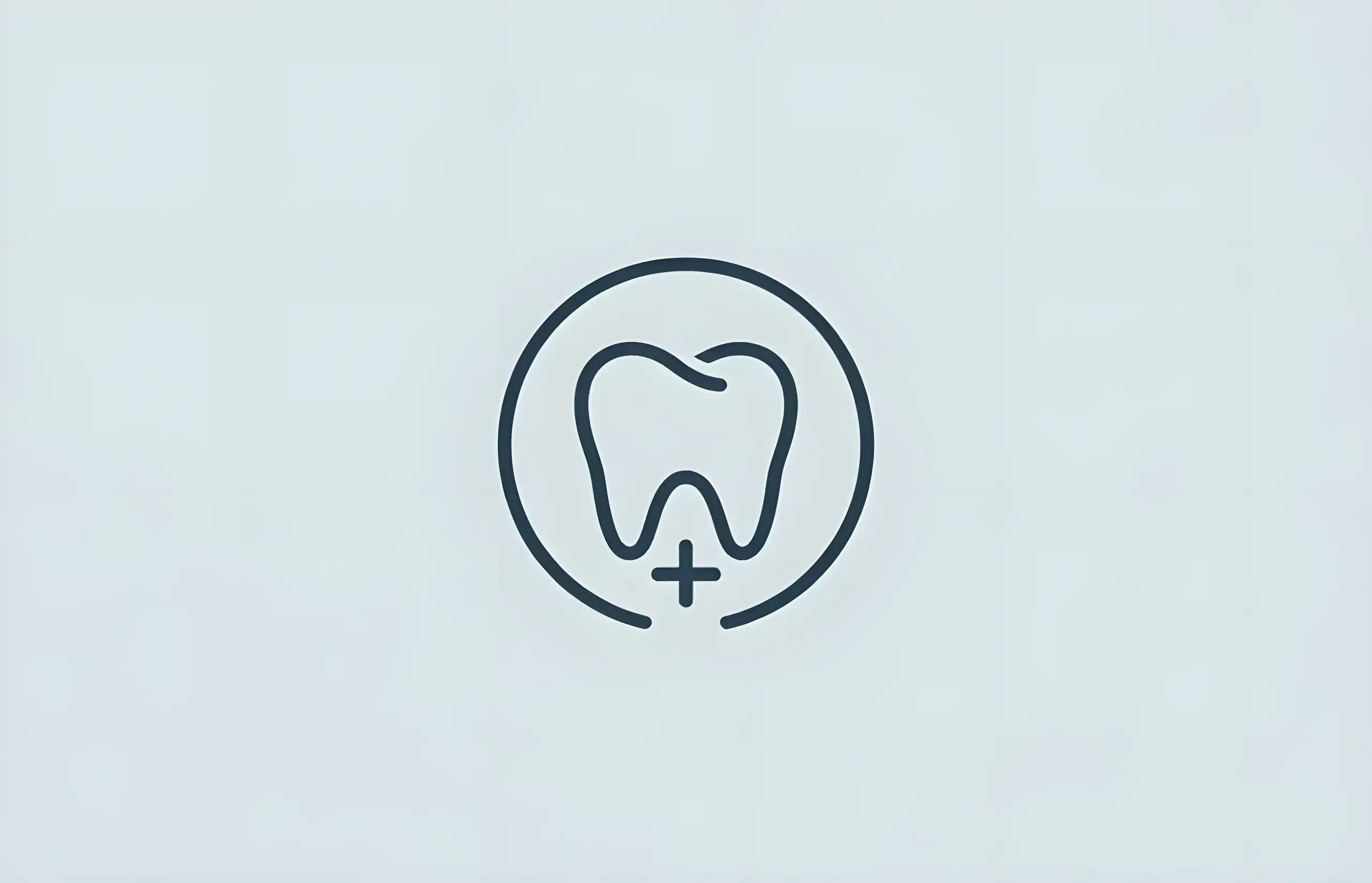
Are Dental Veneers Safe?
Comprehensive guide to dental veneer safety, including risks, complications, success rates, and important considerations for this popular cosmetic procedure

Are Veneers Bad for Your Teeth?
Comprehensive guide to how veneers affect your teeth, including enamel removal, long-term effects, proper placement, and important considerations

Are Veneers Covered By Dental Insurance?
Complete guide to dental veneer insurance coverage, when veneers may be covered, costs without insurance, and other dental procedures typically covered by insurance

Composite Veneers vs Porcelain Veneers
Comprehensive comparison of composite and porcelain veneers including costs, longevity, aesthetic results, treatment procedures, and which option is best for your smile transformation

Dental Bonding – Costs and Information
Comprehensive guide to dental bonding procedures, including composite bonding, adhesive bonding, treatment process, and costs ranging from £90 to £800 depending on the type of bonding

Do Veneers Fall Off?
Comprehensive guide to veneer longevity including survival rates, causes of debonding and failure, composite vs porcelain durability, prevention strategies, and how to protect your veneers
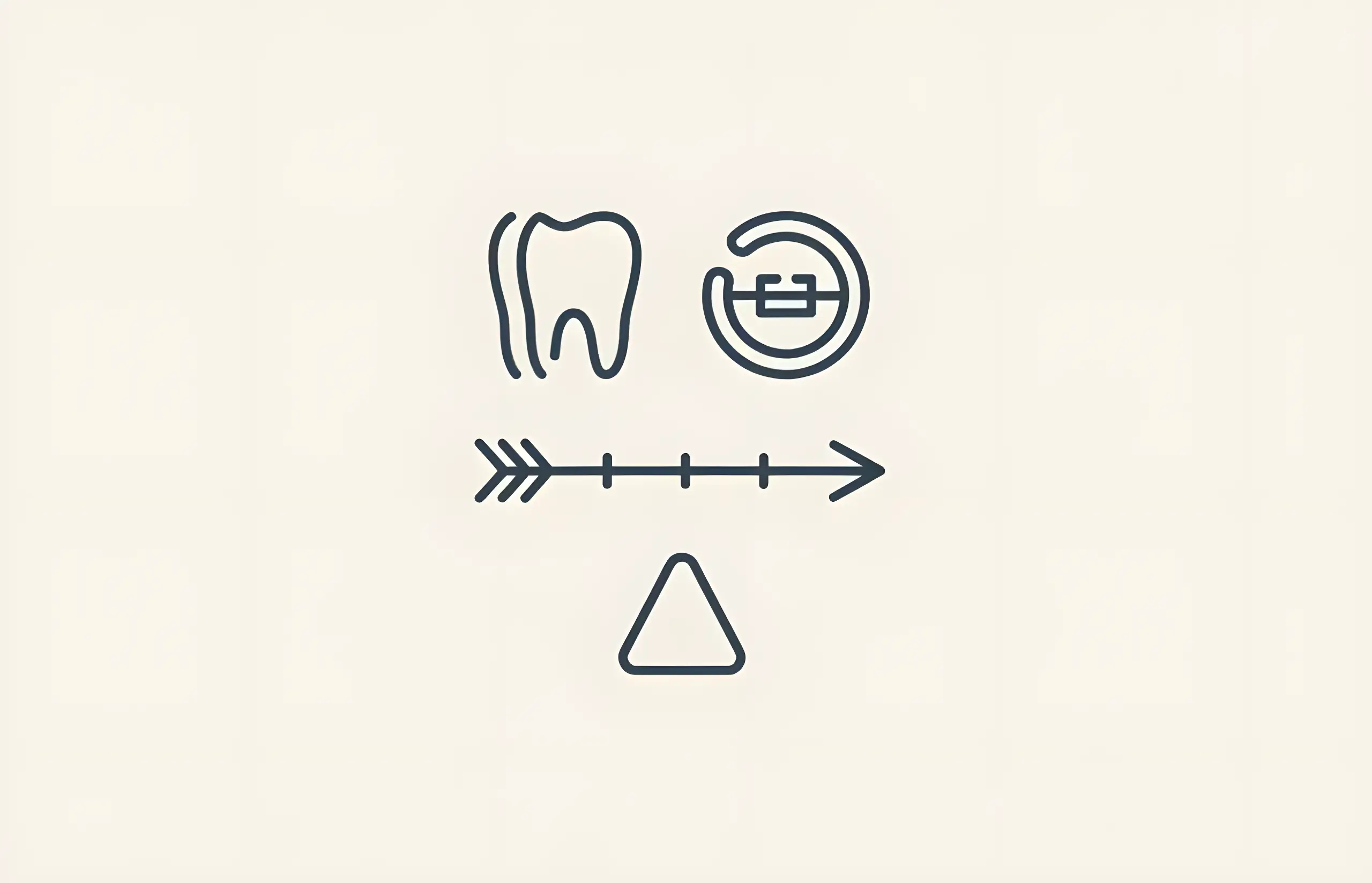
How Long Do Veneers Last?
Comprehensive guide to veneer longevity including survival rates, replacement considerations, irreversible enamel removal, color stability issues, and alternative restoration options
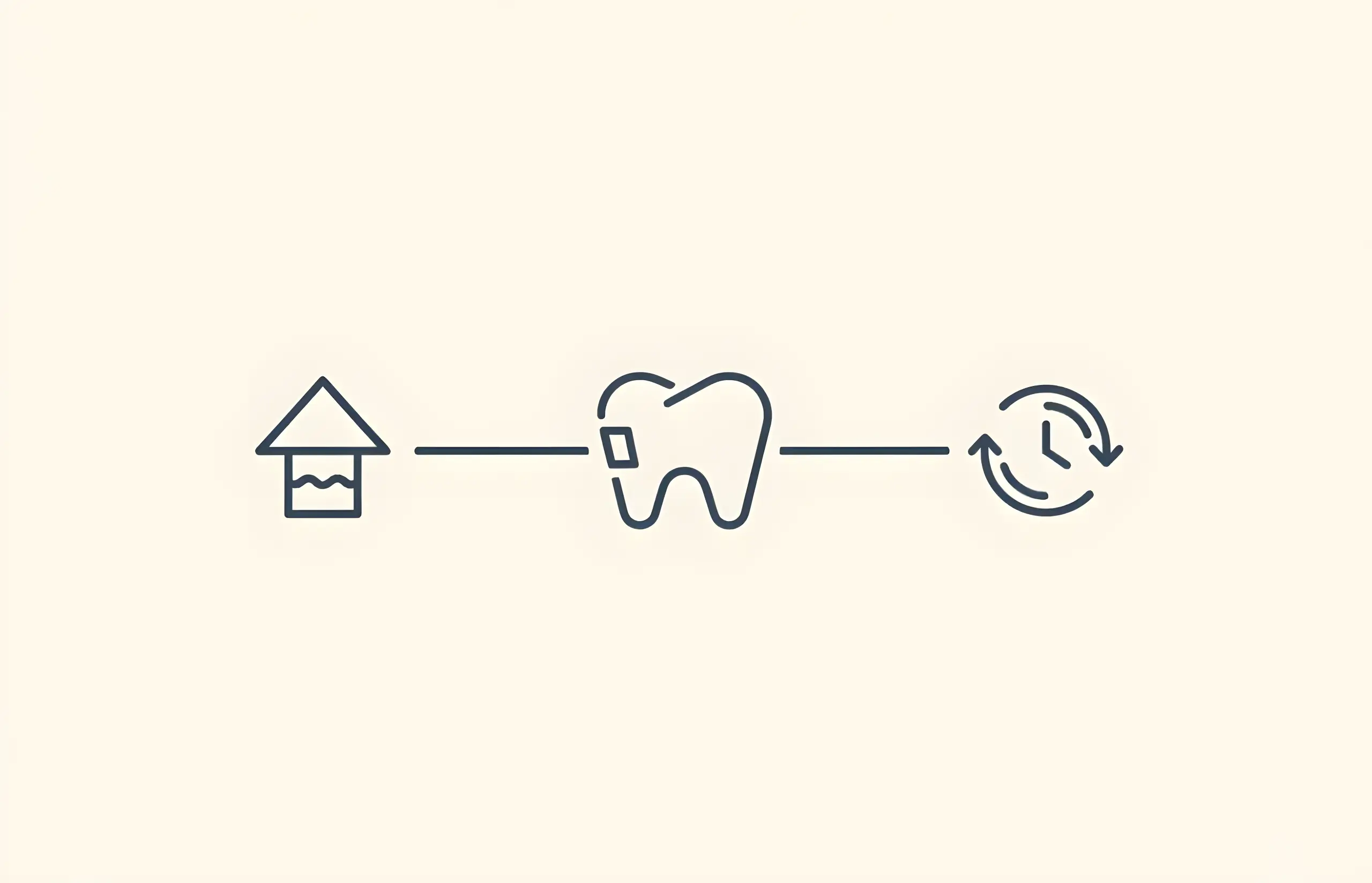
How Long Does It Take To Get Dental Veneers Fitted?
Complete Timeline Guide (3-4 Weeks Total, 94.4% Survival at 5 Years, 93.5% at 10 Years)
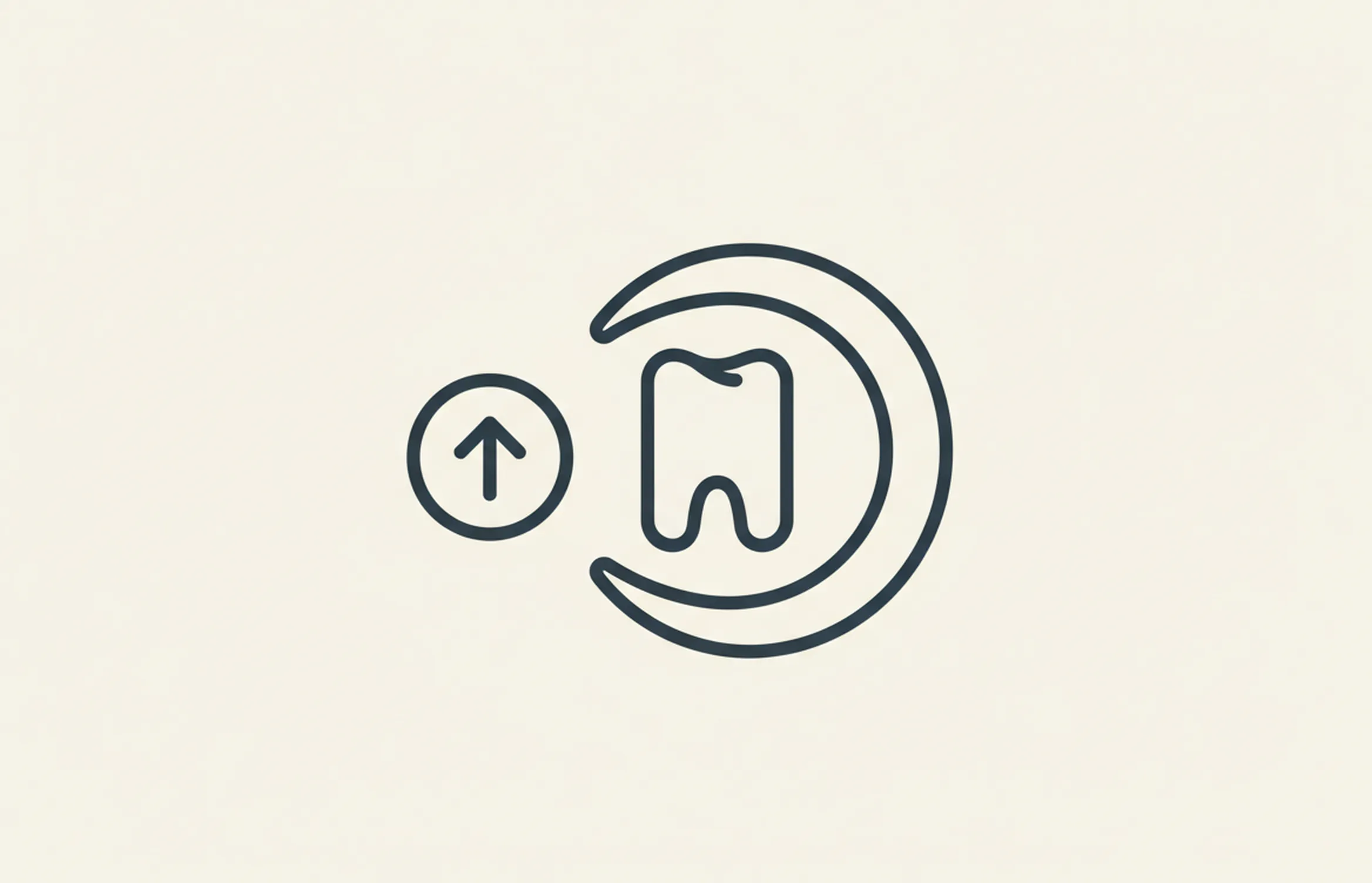
How Old Do You Have To Be To Get Veneers?
Comprehensive guide to age requirements for dental veneers, tooth development considerations, adolescent veneers, enamel bonding requirements, and factors affecting veneer candidacy
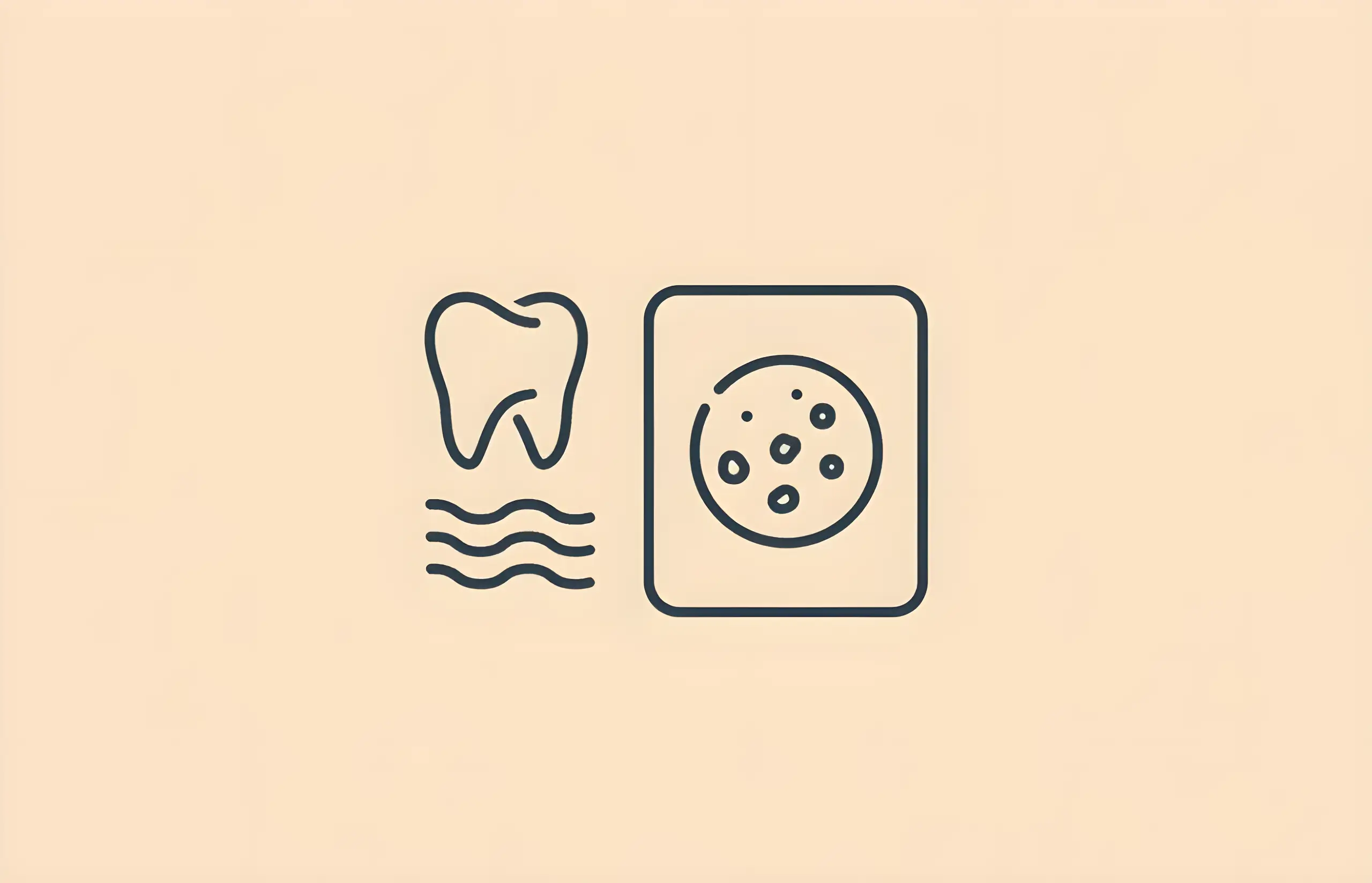
Do Porcelain Veneers Stain?
Comprehensive guide to porcelain veneers staining resistance, marginal discoloration (most common complication), color stability compared to composite, beverage effects (Coca-Cola worst, coffee second), surface roughness impact, and prevention strategies

The Pros and Cons of Veneers
Learn about the advantages and disadvantages of porcelain veneers including improved appearance, durability, stain resistance, cost, maintenance, and who is a suitable candidate
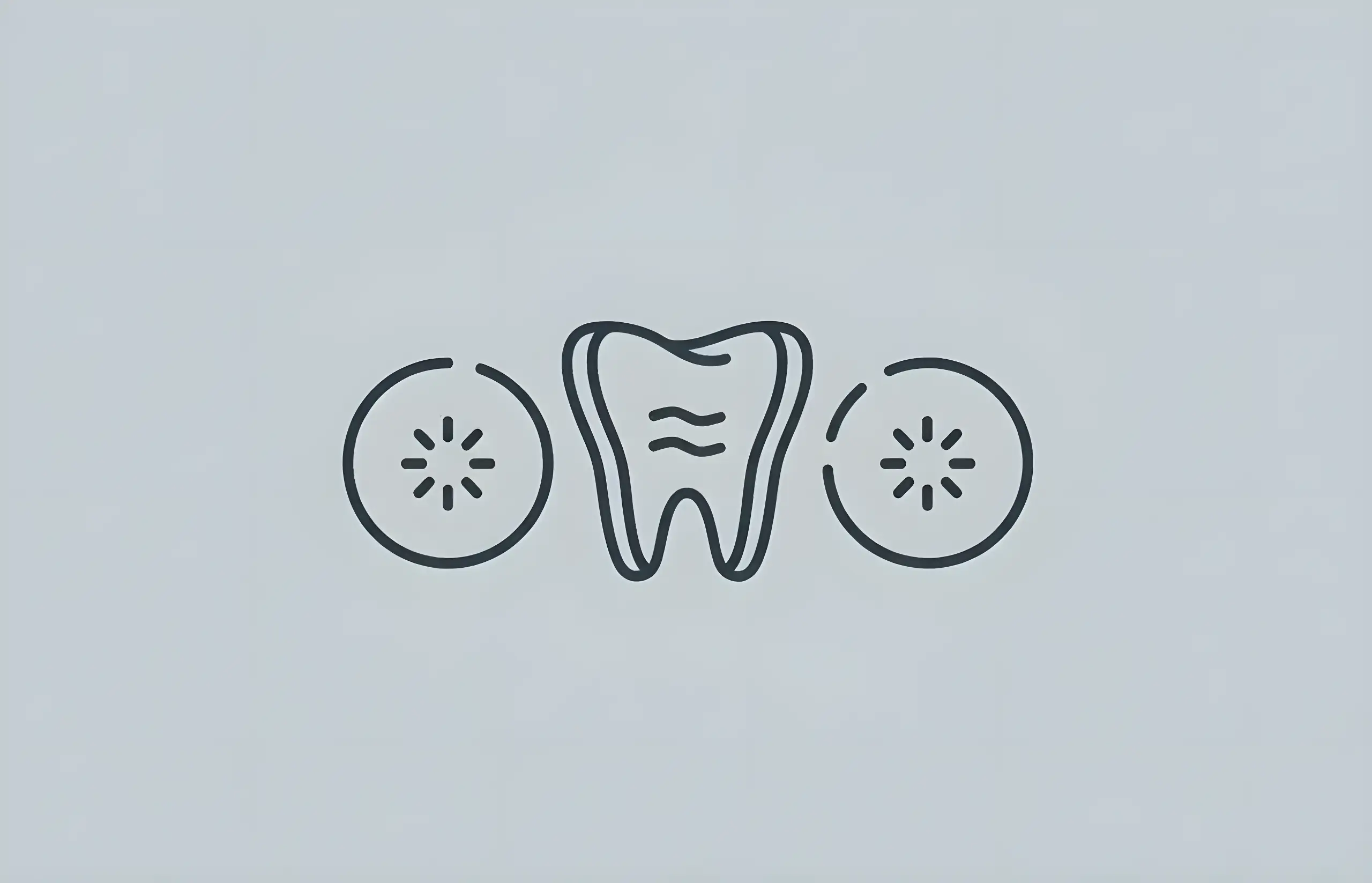
Sensitive Teeth After Veneers
Understanding causes, treatment options, and what to expect when experiencing tooth sensitivity after veneer placement

Different Types of Veneers
Comprehensive guide to veneer types including porcelain, composite, instant, and removable veneers with survival rates, costs, pros and cons, and how to choose the right option

Veneers For Underbite Correction
Learn about using veneers for underbite correction including what underbites are, how veneers can help in mild cases, possible problems, and alternative treatment options
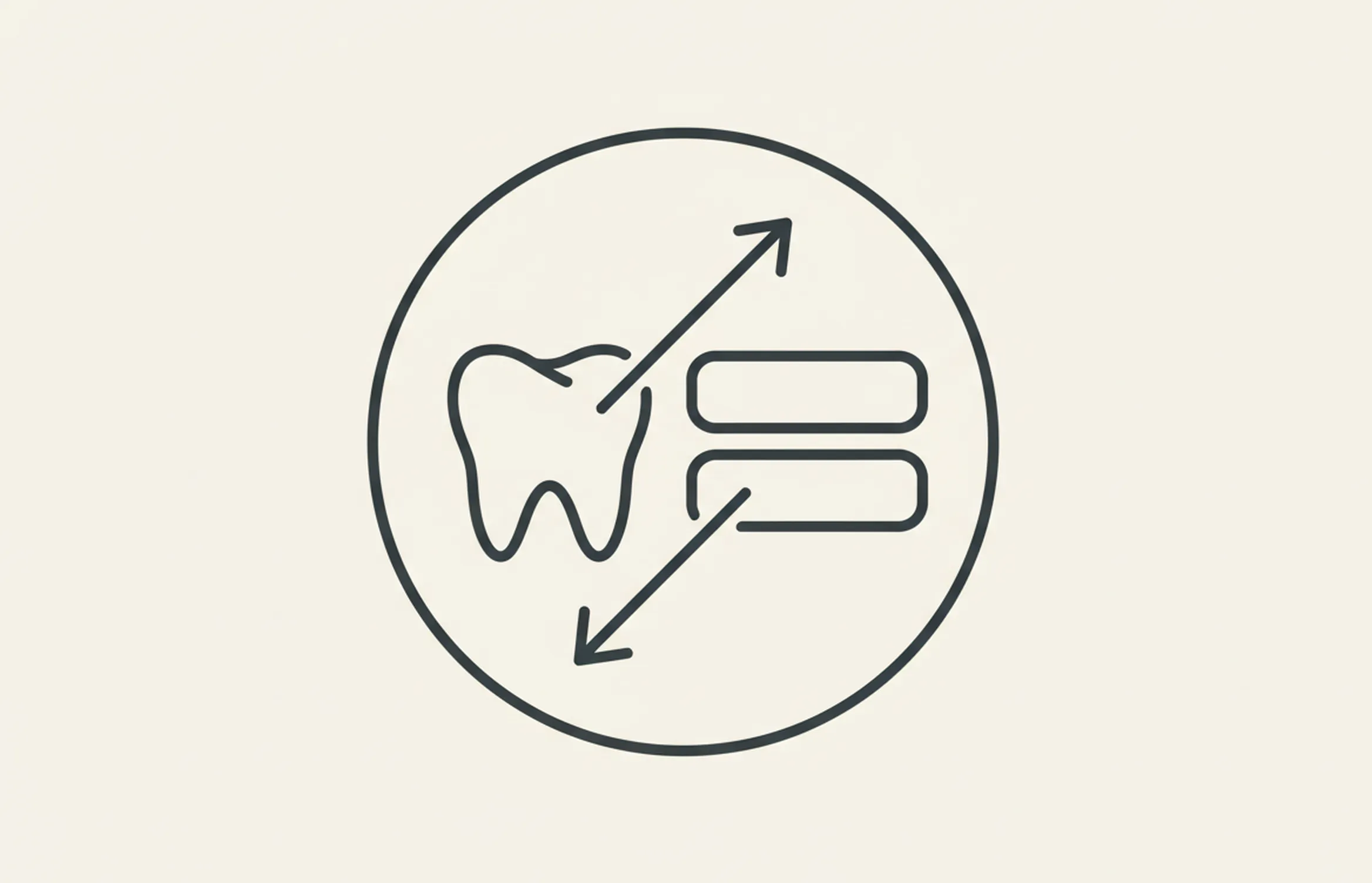
Can You Get Veneers With Crooked Teeth?
Comprehensive guide to using veneers for crooked teeth, including when they work, limitations, material options, and alternative orthodontic treatments
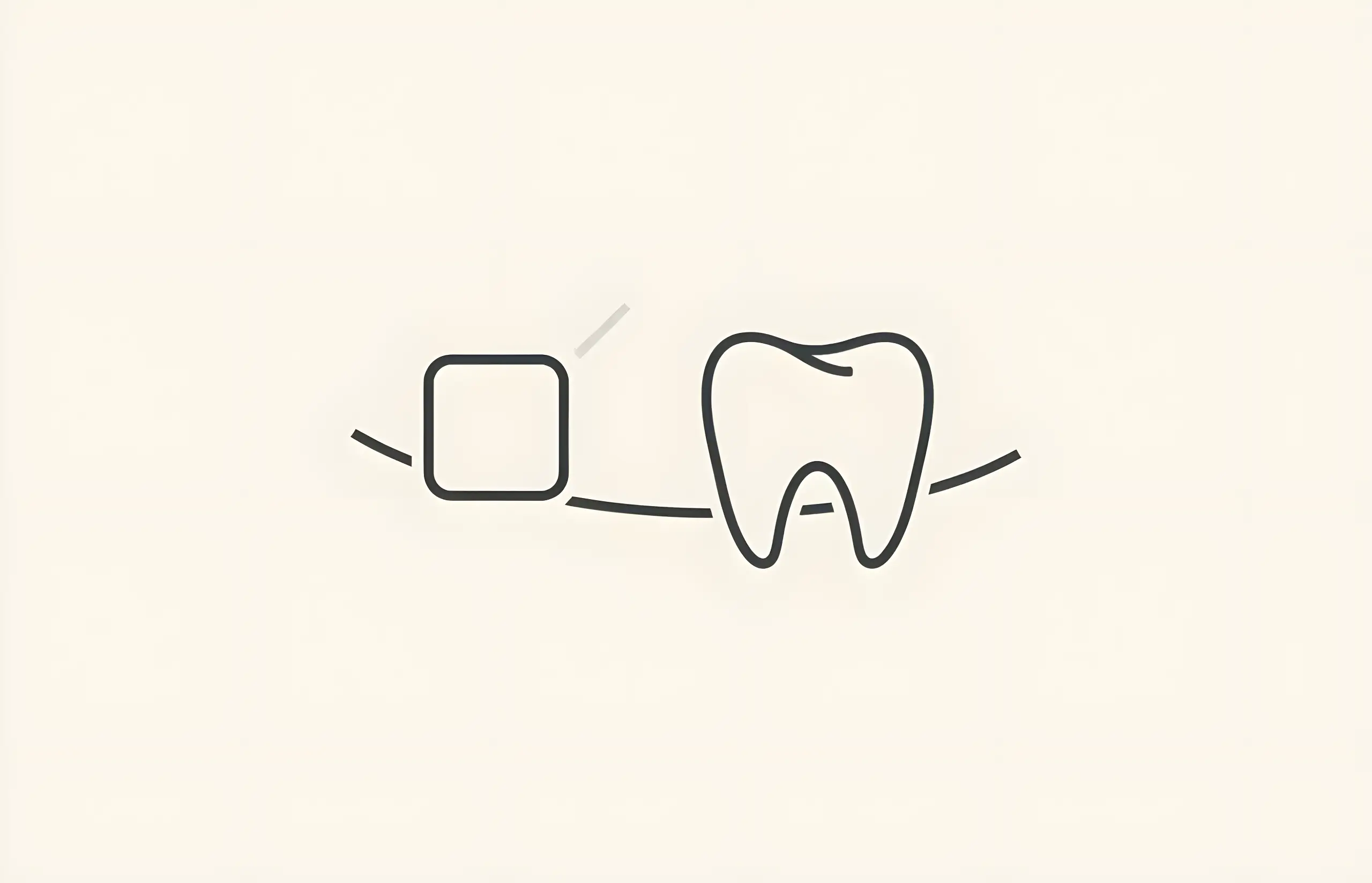
Can You Get Veneers With Missing Teeth?
Complete guide to veneers and missing teeth including why veneers cannot replace missing teeth, treatment limitations, and effective tooth replacement options
About The Dental Guide
The Dental Guide is a trusted online resource providing evidence-based information about dental health, treatments, and procedures. Our content is created and reviewed by qualified dental professionals to help you make informed decisions about your oral health.
Our Mission
- Evidence-based dental information
- Expert-reviewed content
- Clear, accessible explanations
- Latest treatment options
- Patient-focused guidance
Editorial Standards
- GDC-registered dental professionals
- Peer-reviewed sources
- Regular content updates
- Medical accuracy verification
- Transparent authorship
Important Notice
The information on The Dental Guide is for educational purposes only and should not replace professional dental advice. Always consult with a qualified dentist for diagnosis and treatment recommendations tailored to your individual needs and circumstances.
Medically Reviewed
Reviewed by Dr. Nasim Mechoui , BDS (Bristol)
Share this article
Comments & Discussion
Have questions about dental implants? Share your thoughts or experiences.
